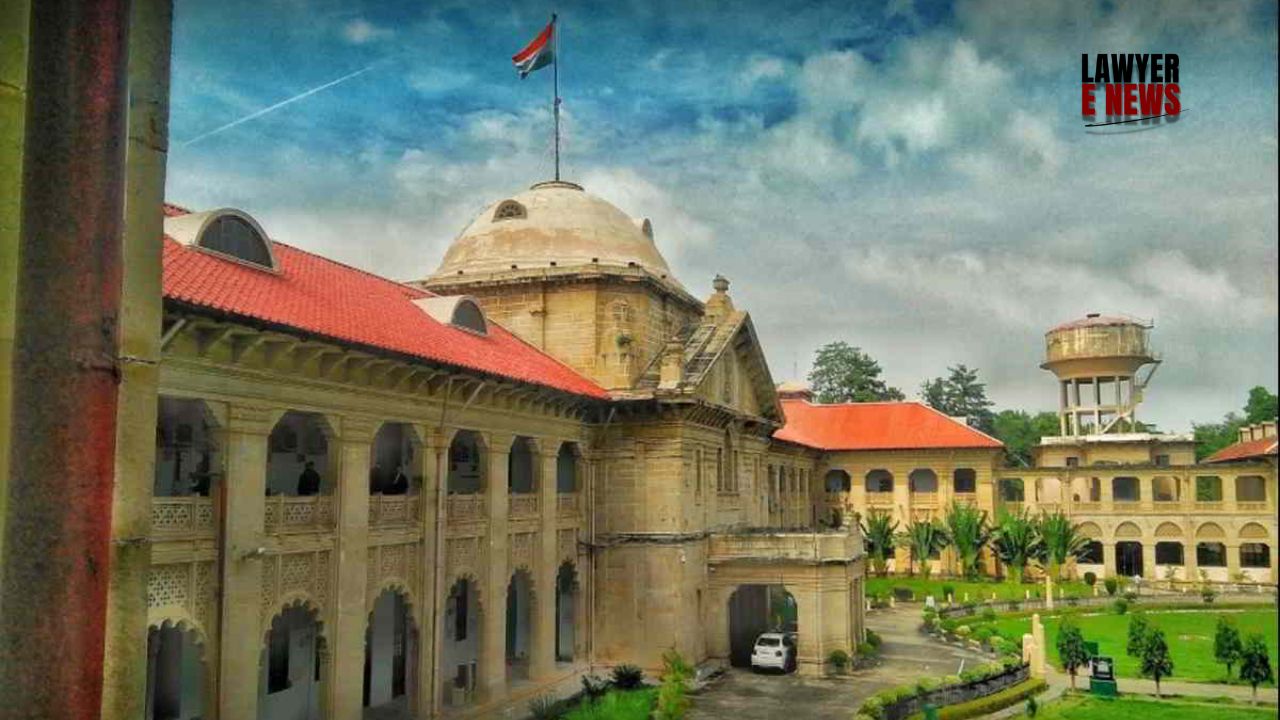-
by Admin
15 February 2026 2:36 AM



The Allahabad High Court has quashed proceedings under Section 174-A of the Indian Penal Code (IPC), initiated against the applicants, emphasizing that such proceedings can only be initiated on the basis of a written complaint by the court that originally issued the proclamation under Section 82 Cr.P.C. The decision reiterates the necessity for strict adherence to procedural safeguards, ensuring that the personal liberty of individuals is not unduly compromised.
The case involved Ravi Dev Singh alias Ravidev Yadav and another, who were charged under Sections 498A, 304B IPC, and Sections 3/4 of the Dowry Prohibition Act. After failing to appear in court despite a proclamation under Section 82 Cr.P.C., an FIR was registered under Section 174-A IPC. The applicants challenged this, arguing that the FIR was unsustainable as per Section 195 Cr.P.C., which mandates that proceedings under Sections 172-188 IPC, including 174-A, can only be initiated on the written complaint of the public servant or court concerned.
The court observed that Section 195 Cr.P.C. serves as a procedural safeguard to prevent the misuse of the legal process and to protect the personal liberty of individuals. The judgment emphasized, "The registration of an FIR under Section 174-A IPC without a written complaint by the court that issued the proclamation under Section 82 Cr.P.C. would amount to a violation of the procedural safeguards guaranteed under the law."
The court referred to a Division Bench decision and other relevant case law to support the view that an FIR under Section 174-A IPC cannot be filed based on a police report. The court clarified that Section 174-A, though a cognizable offense, falls under the ambit of Section 195(1)(a)(i) Cr.P.C., and therefore, its prosecution must adhere to the stringent requirements laid out in this provision.
The court unequivocally stated, "Permitting the lodging of an FIR under Section 174-A IPC without a court’s written complaint would not only contravene the explicit statutory mandate but also jeopardize the personal liberty of the accused, a fundamental right under Article 21 of the Constitution."
The Allahabad High Court's decision to quash the proceedings under Section 174-A IPC underscores the judiciary's role in safeguarding procedural fairness and personal liberty. This judgment will likely influence how courts handle cases involving non-appearance under Section 82 Cr.P.C., ensuring that the initiation of such proceedings is strictly in line with the requirements of Section 195 Cr.P.C.
Date of Decision: August 29, 2024
Ravi Dev Singh @ Ravidev Yadav And Another vs. The State Of U.P.
